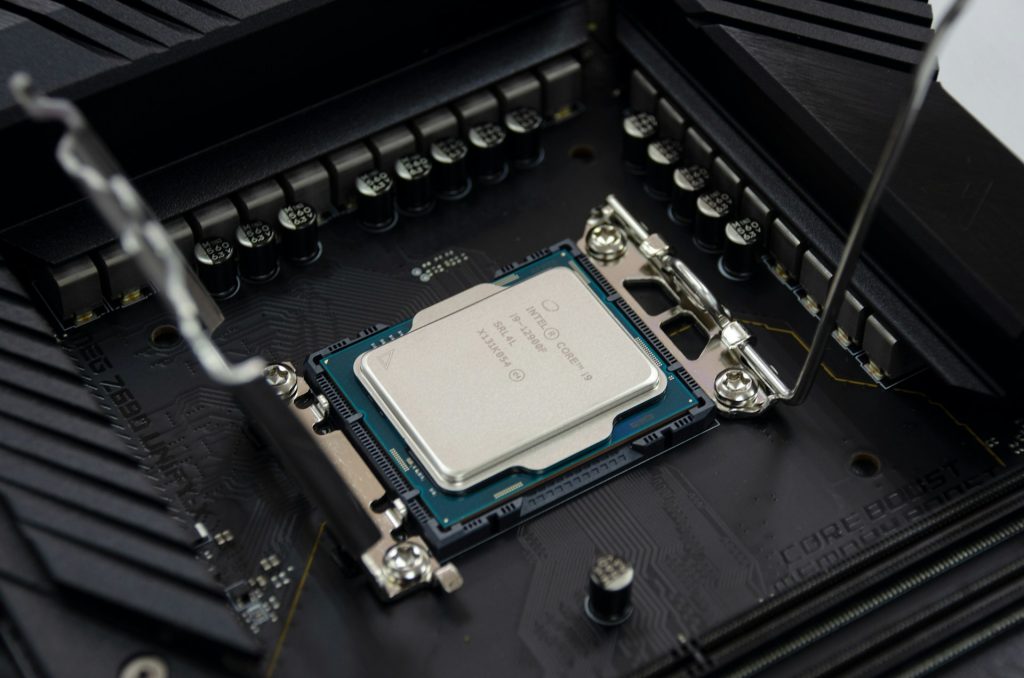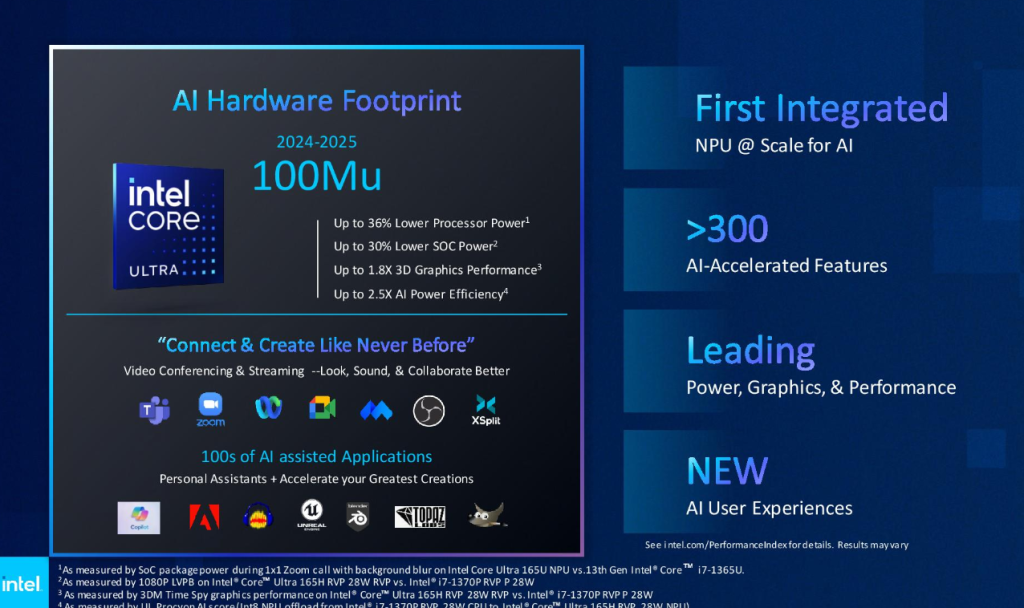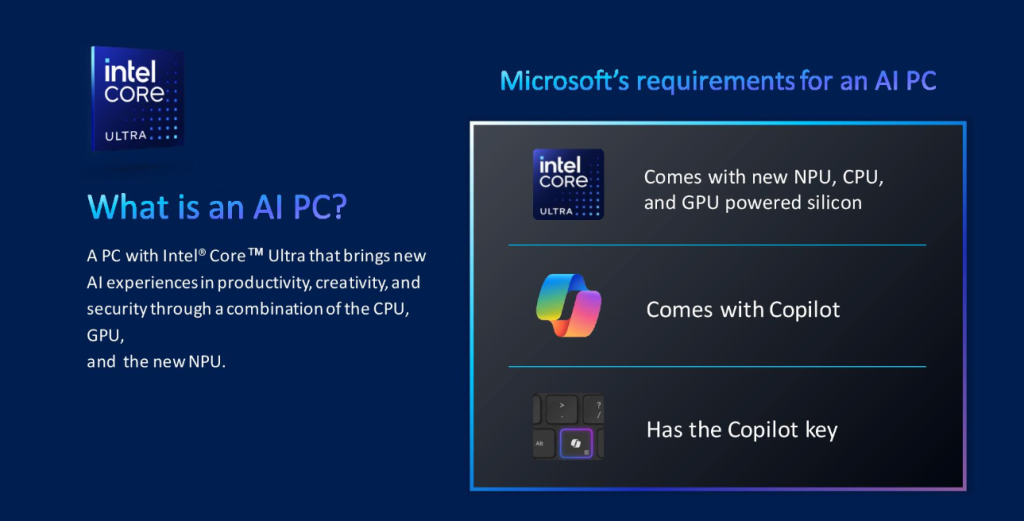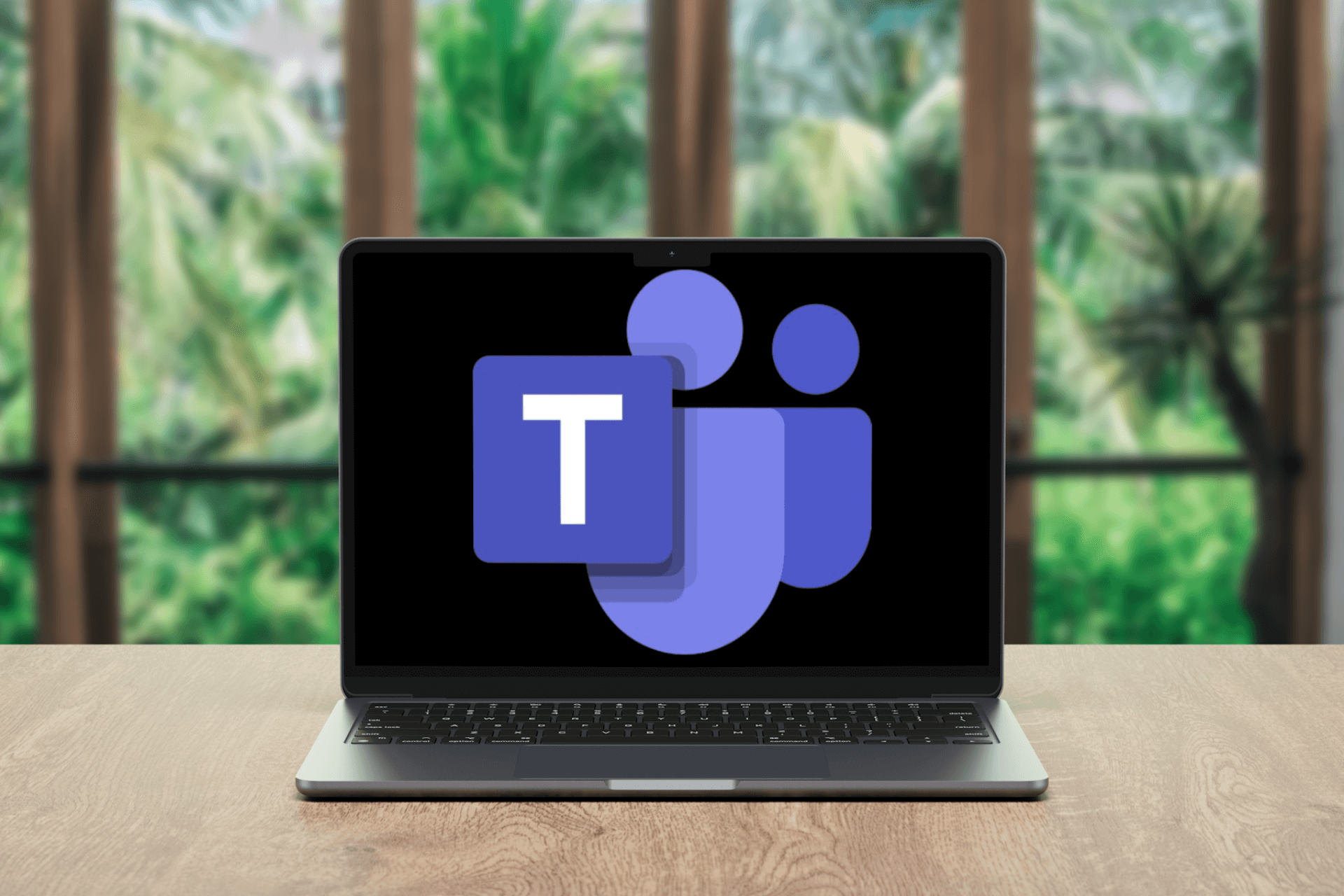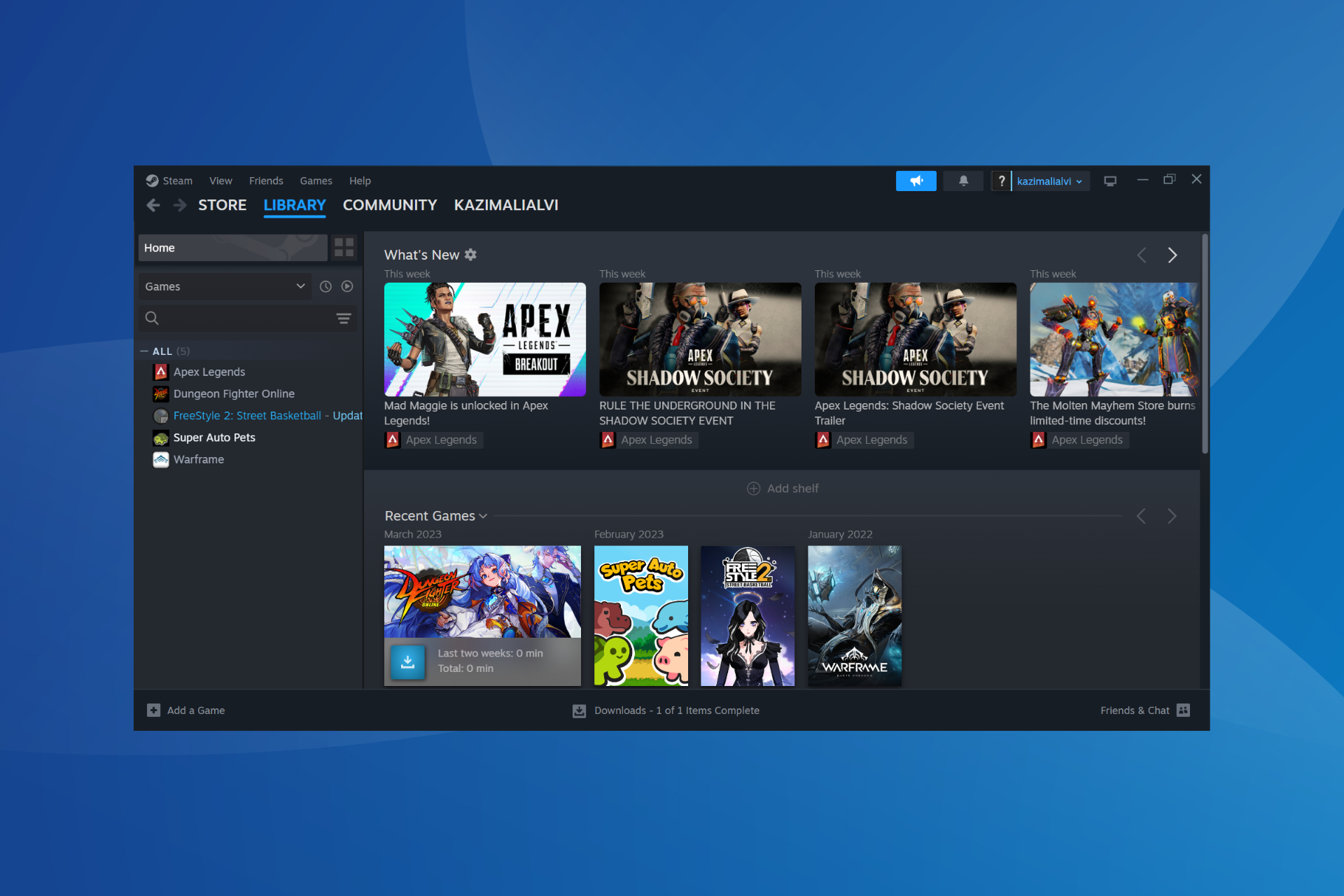Microsoft's AI plans for OEM will introduce more features to your next PC
Due to additional hardware, the PC's cost may rise
4 min. read
Published on
Read the affiliate disclosure page to find out how can you help Windows Report effortlessly and without spending any money. Read more

Amongst all tech giants, Microsoft is pushing for artificial intelligence most extensively. It’s integrating AI into more and more products and improving the feature set on the native OS, Windows. Besides that, Microsoft has an ideal AI PC in mind, plans for which have already been shared with OEMs.
So far, Microsoft hasn’t disclosed these plans to Windows users. But, with each passing day, we are getting more and more information about Microsoft’s idea of AI PCs. It’s got both additional hardware and software support!
What does Microsoft’s idea of an AI PC look like?
Microsoft’s AI PC includes an NPU (Neural Processing Unit), the most recent CPU and GPU, Microsoft Copilot, and a dedicated Copilot key.
NPU is critical to the artificial intelligence capabilities of the PC since it aids in performing AI-related and machine-learning tasks. It’s a hardware chip embedded in the CPU. Only new-age PCs that boast AI capabilities ship with an NPU. Most older ones don’t have it!
The latest CPU (Central Processing Unit) and GPU (Graphics Processing Unit) requirements indicate Microsoft’s effort at delivering superior performance. Besides, the two, CPU and GPU, will complement the NPU, elevating the AI standard.
As for Copilot, it is Microsoft’s flagship AI-based chatbot set to take on the likes of Gemini. Microsoft has been focused on enhancing Copilot, adding more features, improving functionality, and boosting device support. The dedicated Copilot key will ensure easy access.
How are OEMs responding to the change?
OEMs have been enthusiastic about AI PCs as they have a chance to recover from losses accrued since the post-COVID era. AI support is one of the major reasons PC prices are expected to rise in 2024.
So far, we have seen significant developments at Intel’s end toward an AI PC. Its latest, the Intel Core Ultra series, codenamed Meteor Lake, adds AI capabilities to the PC. The recently released Lenovo ThinkPad X13 Gen 5 series ships with the Meteor Lake processor.
Intel, in its official blog post, explains the idea of artificial intelligence on a PC,
Compared to generative AI and the massive large language models (LLMs) trained on tons of public data, the AI that will happen on your PC is more accessible on pretty much every level. The concept is easier to digest, and because it’s trained on your data, without needing to access the cloud, the benefits are more immediately appealing to a broader population.
Detailing how it would work, Intel’s blog post reads,
In the near-term, the AI PC world involves personal assistants and smaller AI models running directly on your PC, using your data to offer personal, private, more secure AI enhancements for things you already do every day – taking meeting minutes, organizing a fantasy football league, automating enhancements for photo and video editing, or laying out the perfect itinerary for a family reunion based on everyone’s arrival and departure times.
AMD has also been making strides in the field of AI. Results from several tests conclude that AMD Ryzen is better than Intel Core Ultra. Remember, the latter has only been out for a few months, and Intel has big AI plans. So, we may witness improved performance from Intel Meteor Lake.
However, there’s some apparent confusion between Microsoft and device manufacturers on the definition of AI PCs.
As per Microsoft, an AI PC has a dedicated Copilot key, which puts the Lenovo ThinkPad X13 Gen 5 and the Asus ROG Zephyrus series out of contention due to the absence of the Copilot key, even though they ship with AI capabilities. Other products released before Microsoft shared its guidelines will also miss the AI PC tag.
Microsoft’s own offering, the Surface Pro 10 and Surface Laptop 6, released recently, have an AI PC sticker, which aligns with the tech giant’s approach to promoting AI-ready PCs.
The cost of AI PCs is a concern
With additional hardware like NPU, the latest CPU and GPU, and changes to the design, the cost of production will increase. Subsequently, you will have to shell out a higher sum to get an AI PC compared to a regular PC now.
While an AI-powered PC will benefit some, it won’t make much of a difference for most of us. Besides, even PCs without an NPU can run Windows Copilot and other OS-oriented AI features. So you are not missing out on anything!
Are you willing to pay more for an AI PC? Share with us in the comments section.

